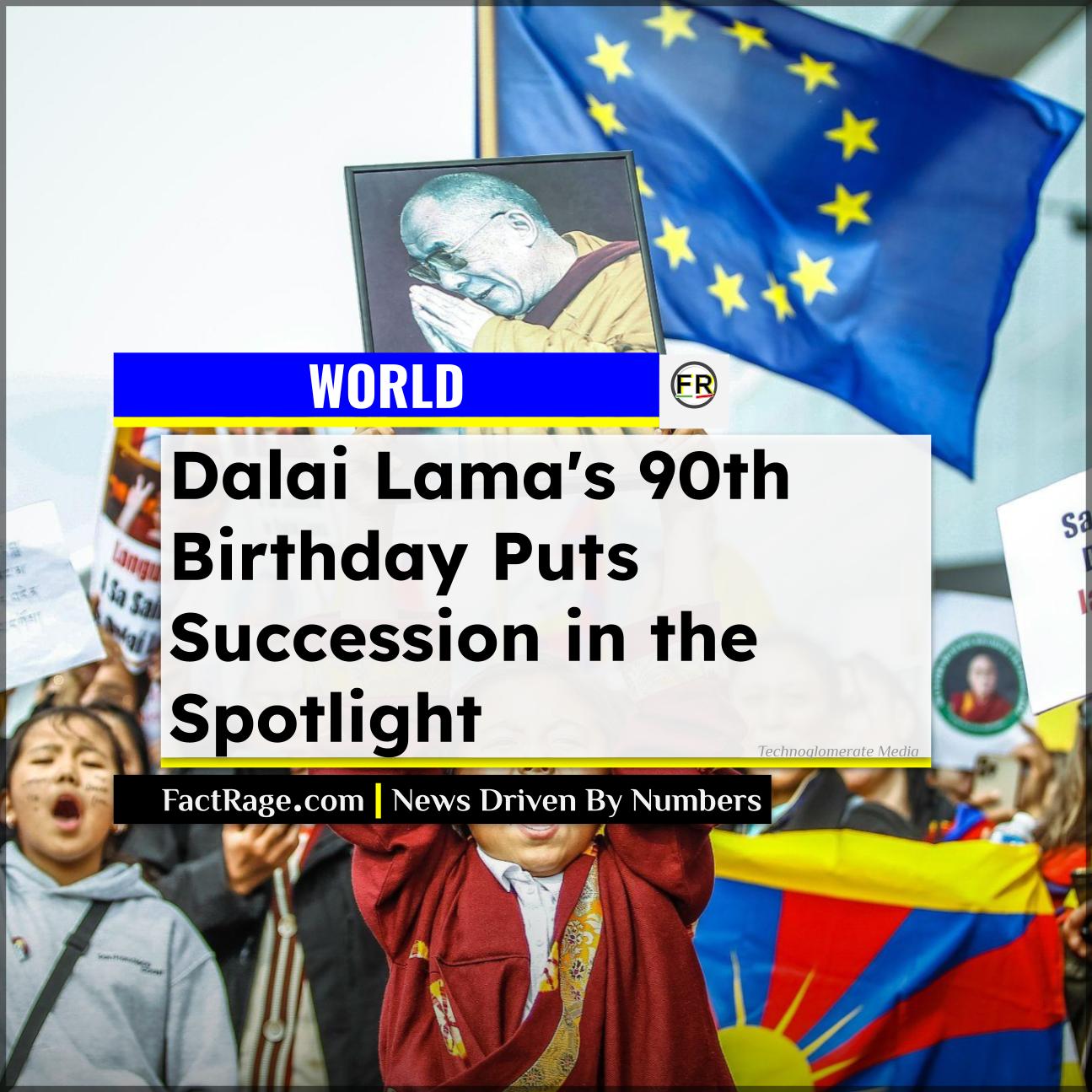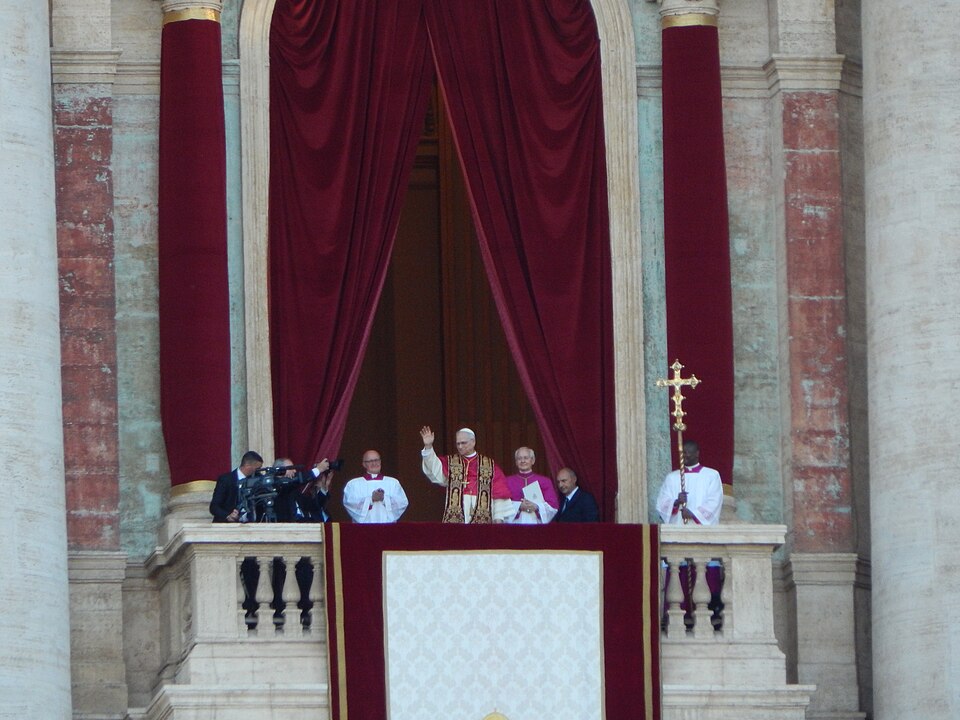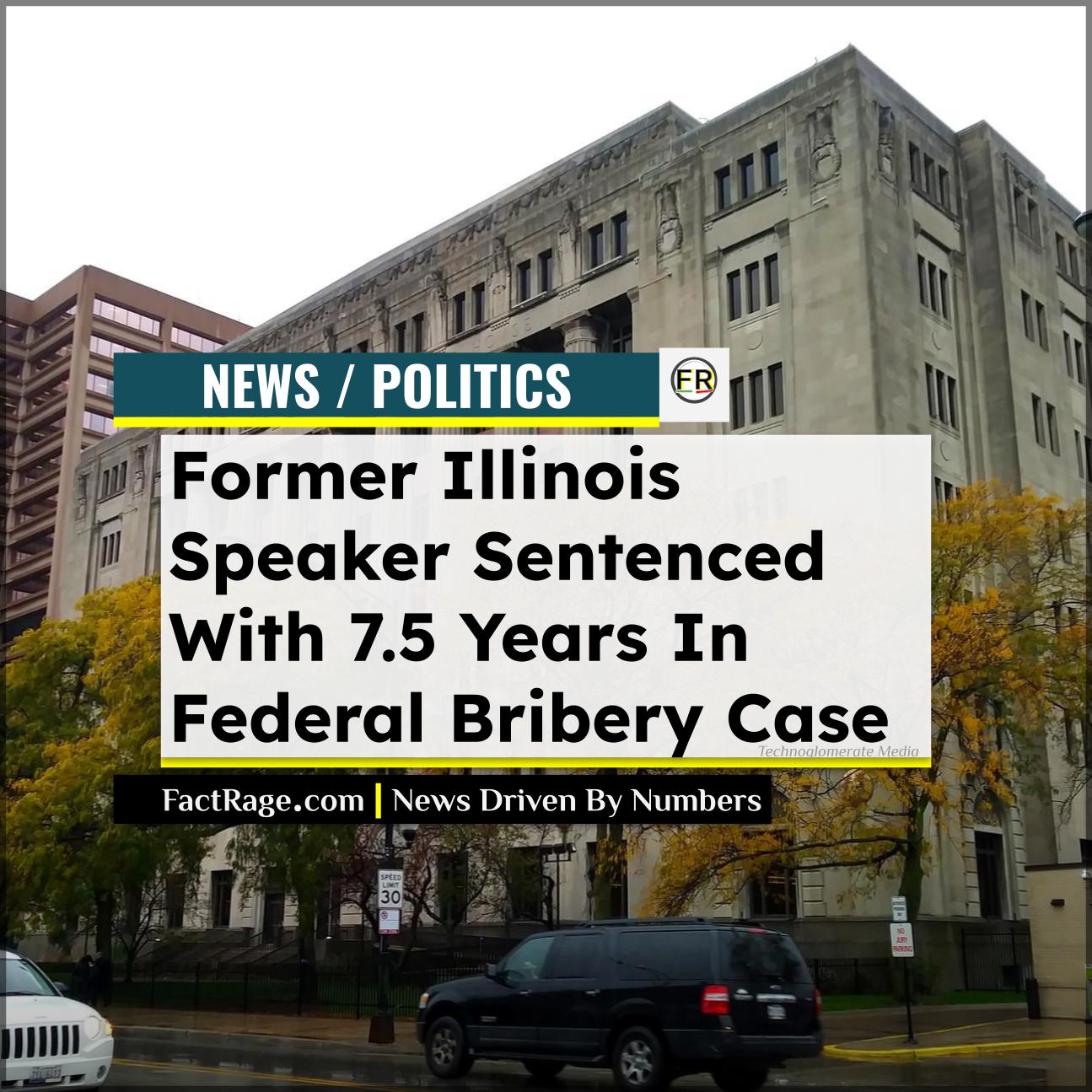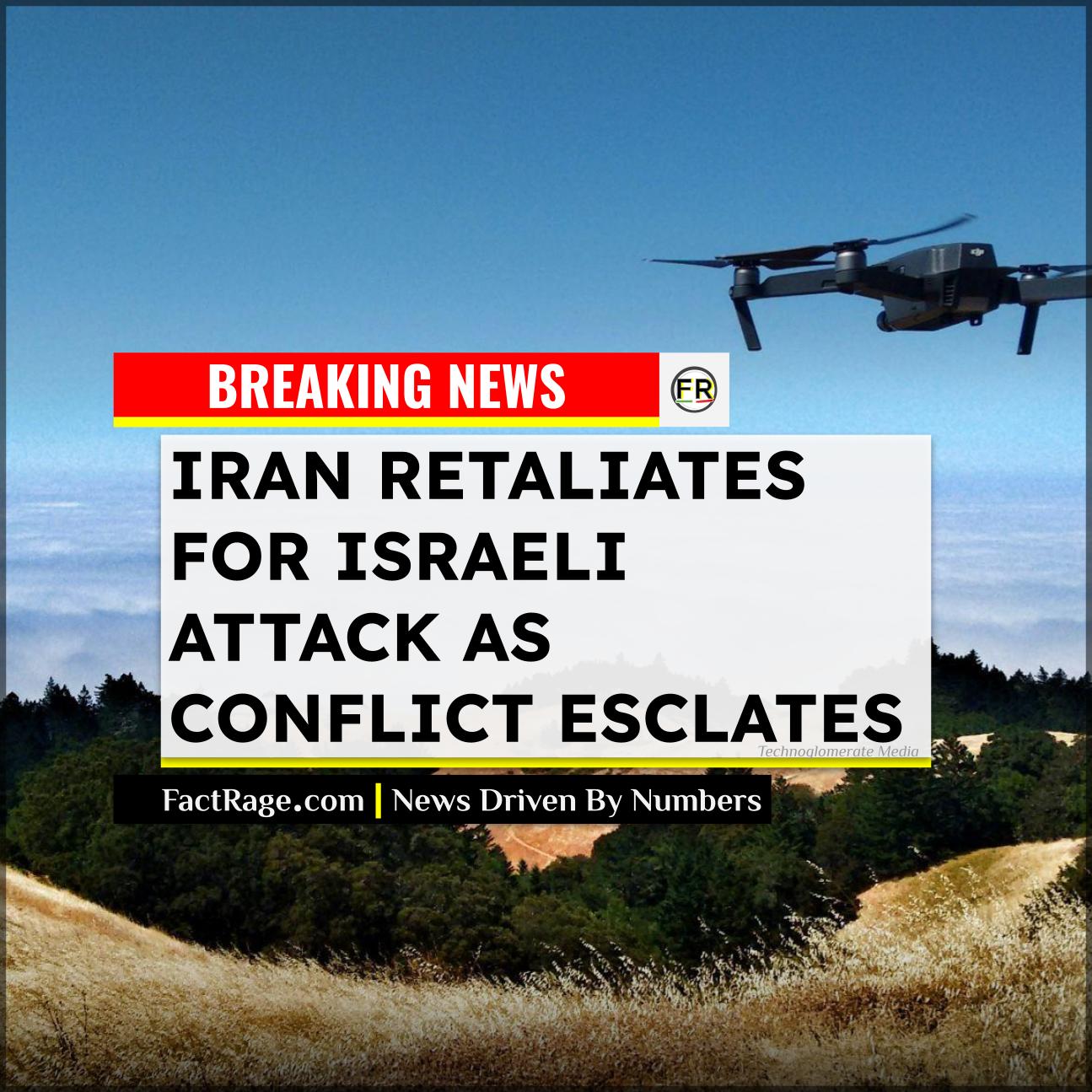DHARAMSHALA, INDIA – The 14th Dalai Lama, Tenzin Gyatso, will celebrate his 90th birthday on July 6, 2025, a significant milestone that has intensified global focus on the critical question of his succession and the future of Tibet’s spiritual leadership.
Key Facts
- Succession Announcement Anticipated – The Dalai Lama stated in 2011 that he would make a decision about his reincarnation when he was ‘about 90,’ leading to widespread expectation of a major announcement.
- Year-Long Celebration – The Central Tibetan Administration (CTA) has declared the period from July 6, 2025, to July 5, 2026, as the ‘Year of Compassion’ to honor the spiritual leader.
- Conflict with China – China asserts that it has the sole authority to choose the next Dalai Lama, creating a potential for two rival successors and a significant political and spiritual conflict.
While followers around the globe prepare to honor his life and teachings, the birthday serves as a focal point for a long-simmering issue with profound geopolitical ramifications: who will be recognized as the 15th Dalai Lama?
What Are the Plans for the 90th Birthday?
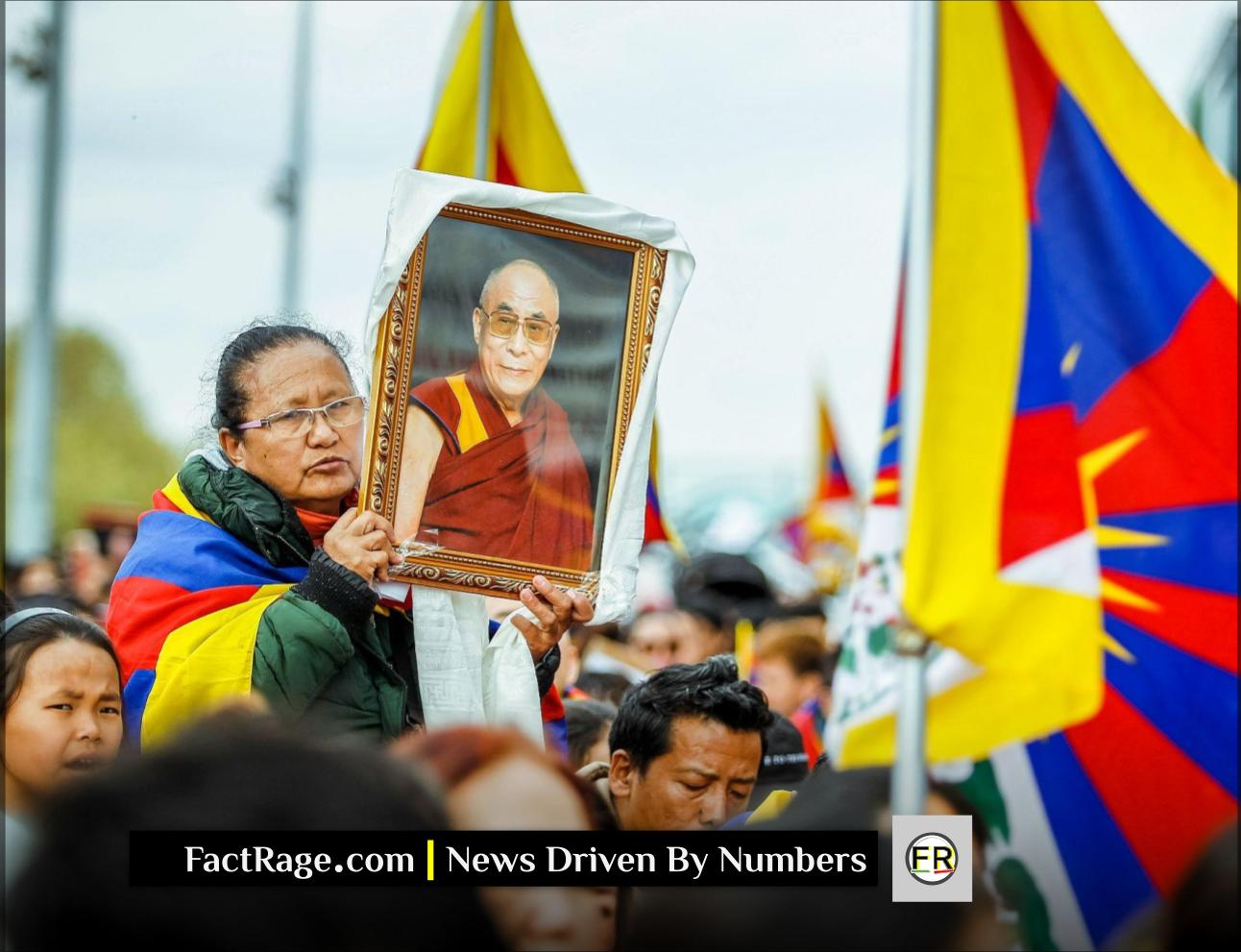
The Central Tibetan Administration (CTA), the Tibetan government-in-exile based in India, has announced that the entire year will be dedicated to the Dalai Lama, dubbing it the “Year of Compassion.” Celebrations are expected worldwide, with special prayers and a religious meeting of the heads of all Tibetan Buddhist schools scheduled in Dharamshala from July 2-4.
The most significant event, however, is the potential announcement from the Dalai Lama himself regarding his succession. In a public statement made in 2011, he indicated that he would consult with other high lamas and the Tibetan public around his 90th year to determine the course of his spiritual lineage. This has led to intense speculation that a plan will be revealed during the birthday events.
Why is the Succession a Global Issue?
The question of the Dalai Lama’s successor is not merely a religious matter; it is a point of major political contention. The Dalai Lama has repeatedly stated that his next incarnation will be born in the “free world,” explicitly outside of Chinese control. This directly challenges the position of the Chinese government.
Beijing insists that the selection of the next Dalai Lama must comply with Chinese laws and receive government approval. This stance is rooted in China’s assertion of sovereignty over Tibet. Chinese officials have reiterated that they view the Dalai Lama as a “separatist” and that the reincarnation process is a matter of state.
This has set the stage for a scenario where two Dalai Lamas could be named: one identified by the Tibetan exile community following the current Dalai Lama’s guidance, and another appointed by Beijing. A precedent for this exists in the case of the Panchen Lama, the second-highest figure in Tibetan Buddhism. In 1995, the Dalai Lama recognized Gedhun Choekyi Nyima as the 11th Panchen Lama, but Chinese authorities detained the boy and installed their own choice, Gyaltsen Norbu. Gedhun Choekyi Nyima has not been seen in public since.
What is the Dalai Lama’s Current Health Status?
Recent reports indicate that the Dalai Lama is in good health for his age. A medical bulletin from his office in July 2024 described his health as “stable and very satisfactory” following a knee replacement surgery. In April 2025, a renowned Indian surgeon who has previously operated on him confirmed that the spiritual leader is in “excellent health,” noting he is “mentally absolutely sharp and physically fine.”
His continued vitality is seen as crucial as he navigates the complex issue of his succession. The Dalai Lama himself has sometimes joked he could live to be 113, but the milestone of his 90th birthday has brought a sense of urgency to resolving the future leadership of Tibetan Buddhism. International bodies, including the United States and the European Parliament, have affirmed the right of Tibetan Buddhists to select their own leaders without government interference.

